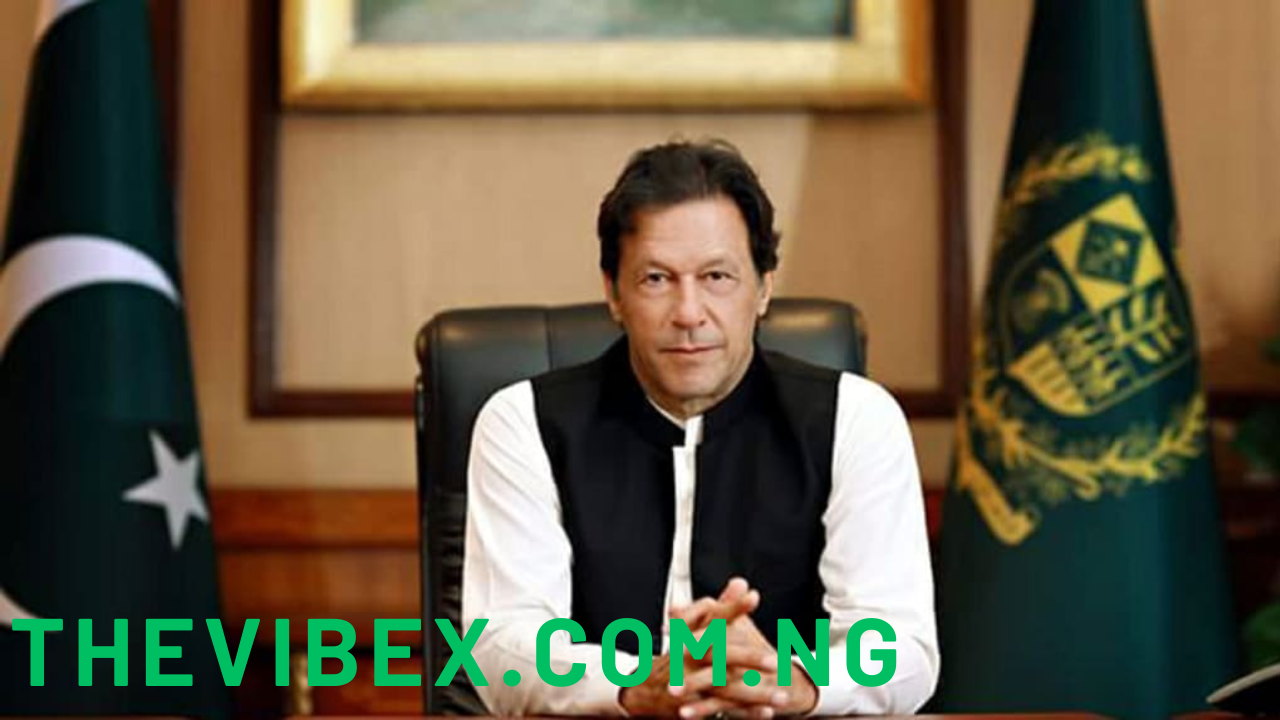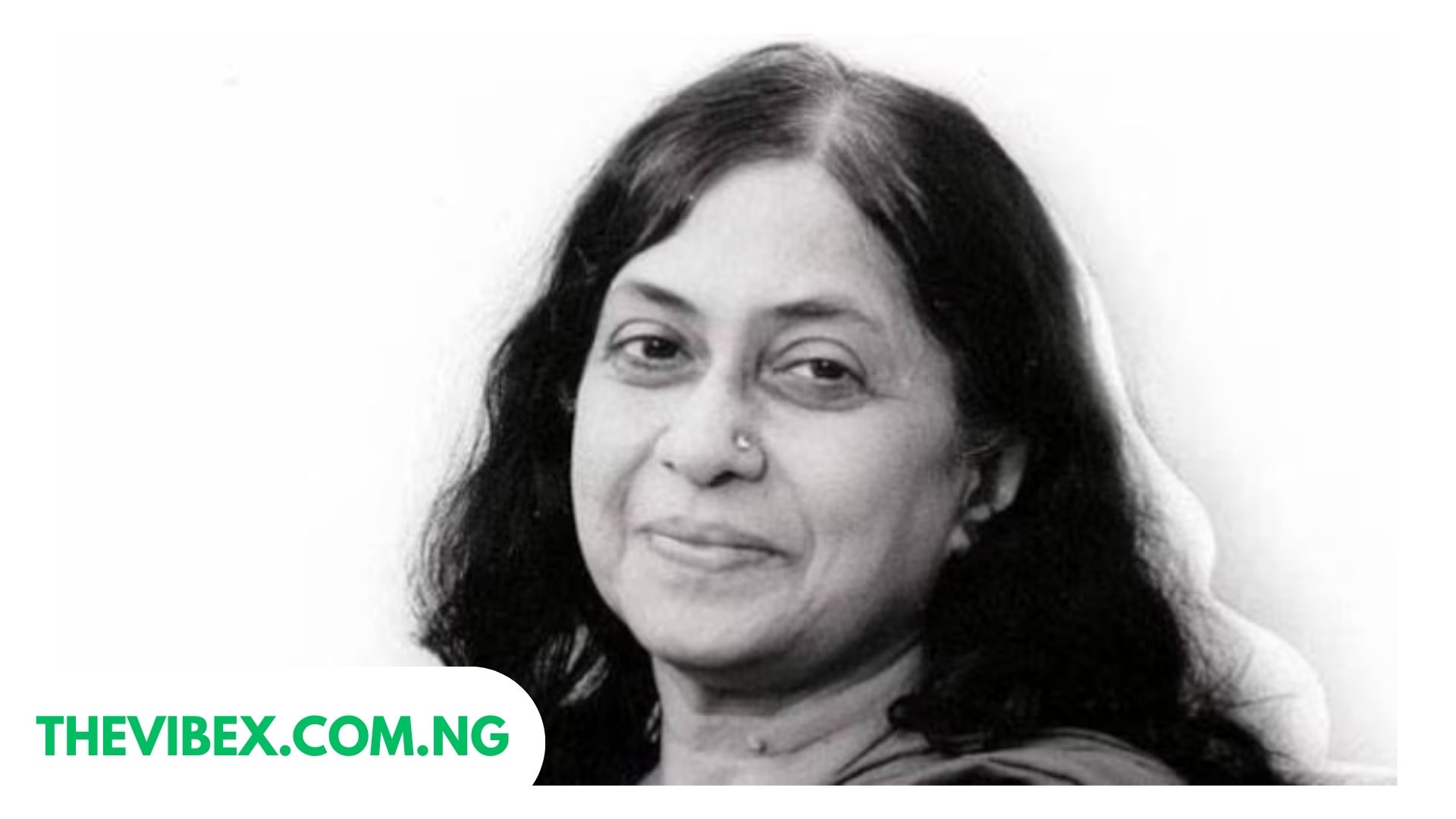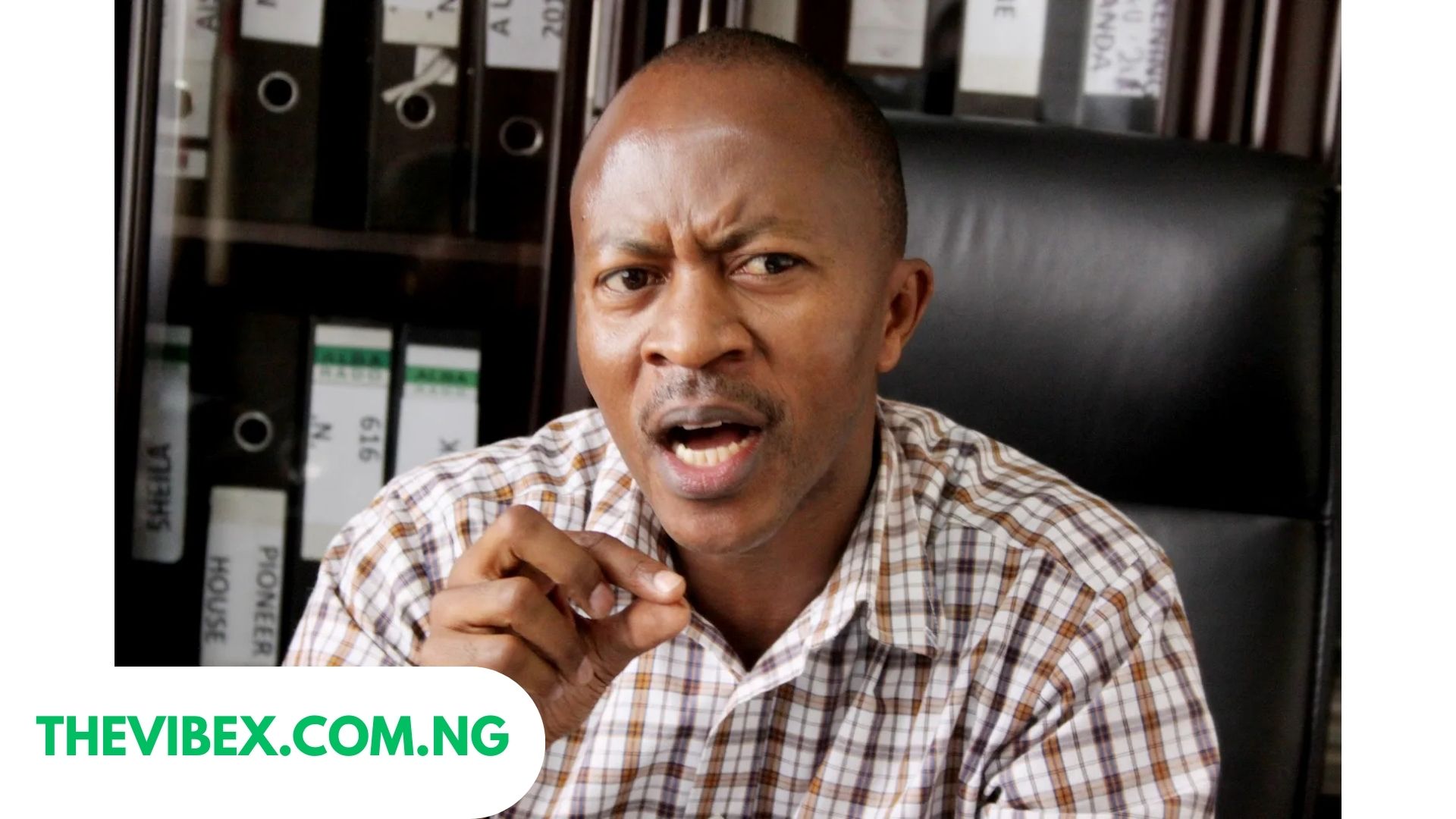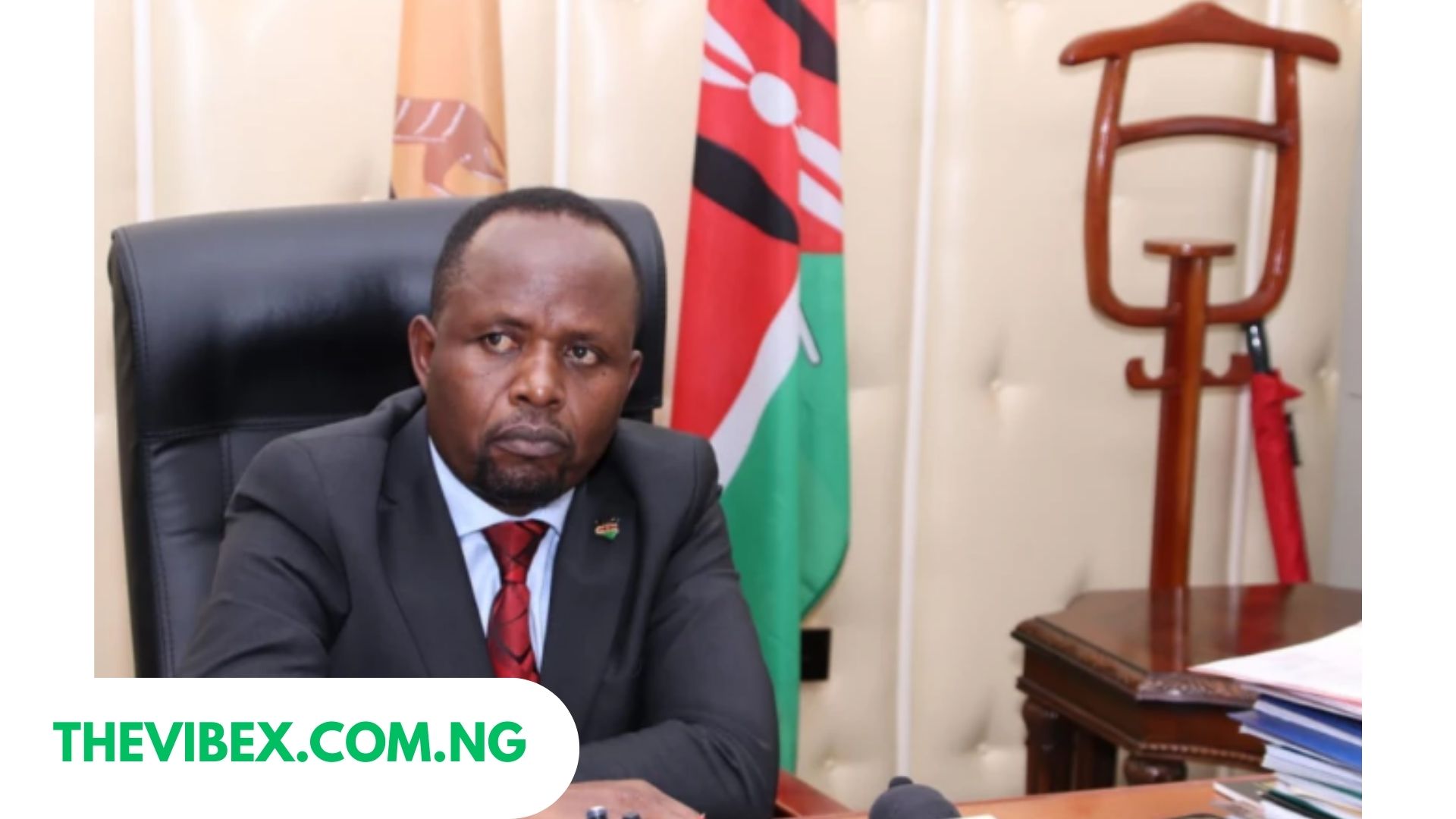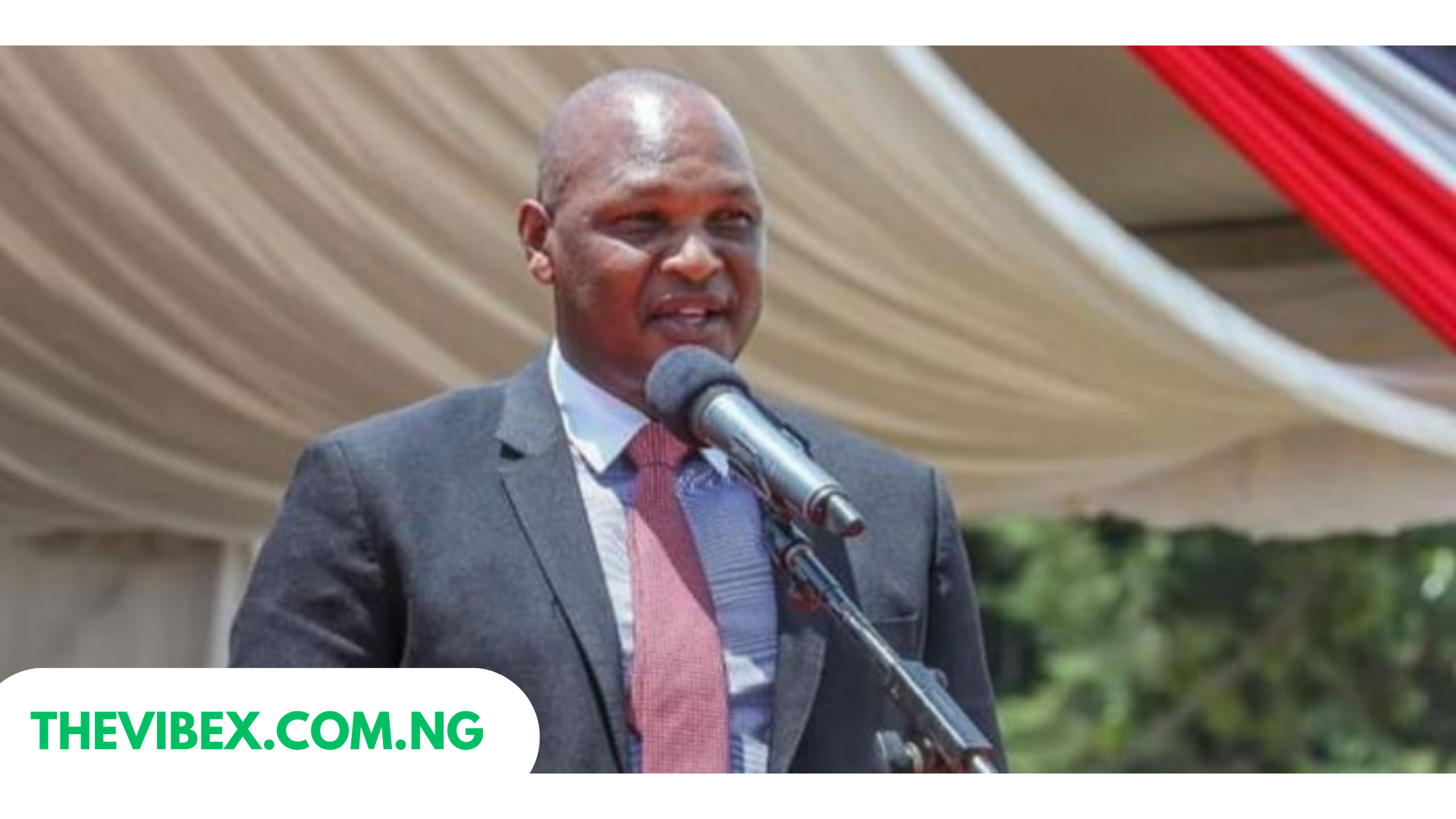| Full Name | Imran Ahmed Khan Niazi |
| Date of Birth | October 5, 1952 |
| Age | |
| Date of Birth | 1991 |
| Spouse(s) | Jemima Goldsmith (1995–2004), Reham Khan (2014–2015), Bushra Bibi (2018–) |
| Nationality | Pakistani |
| Education | Aitchison College, Royal Grammar School Worcester, Keble College, Oxford |
Imran Khan, a name synonymous with determination, leadership, and resilience, is one of Pakistan’s most iconic figures.
From being a world-renowned cricketer to becoming the 22nd Prime Minister of Pakistan, his journey is a remarkable tale of passion and perseverance.
Early Life and Education
Born on October 5, 1952, in Lahore, Pakistan, Imran Ahmed Khan Niazi belonged to a Pashtun family. He was raised in an upper-middle-class environment and received his early education at Aitchison College in Lahore.
Later, he went on to study at Royal Grammar School Worcester in the UK and then Keble College, Oxford, where he graduated in Philosophy, Politics, and Economics in 1975.
Cricket Career – A National Hero Emerges
Imran Khan made his debut for the Pakistan national cricket team in 1971. His early years were filled with struggles, but his talent and fierce determination soon made him a star.
By the 1980s, he was Pakistan’s cricket captain and had gained international fame. The pinnacle of his cricketing career came in 1992 when he led Pakistan to its first-ever Cricket World Cup victory.
His charisma, leadership skills, and never-give-up attitude made him not just a sports icon but a symbol of national pride.
Philanthropic Endeavors
After retiring from cricket, Imran Khan turned to philanthropy. He founded the Shaukat Khanum Memorial Cancer Hospital in 1994, named after his mother who died of cancer. This was the first and largest cancer hospital in Pakistan, providing free care to thousands of patients. He later established Namal University to improve higher education access in rural areas.
His humanitarian work earned him national and international recognition, solidifying his image as a man of the people.
Entry into Politics
In 1996, Imran Khan founded the Pakistan Tehreek-e-Insaf (PTI) party, aiming to combat corruption and establish justice. Initially, his political journey was met with criticism and little success. It took nearly two decades of persistent struggle before PTI became a formidable political force.
His appeal, especially among the youth and urban middle class, grew rapidly in the 2010s, thanks to his message of “Naya Pakistan” (New Pakistan).
Becoming Prime Minister
In the 2018 general elections, PTI emerged as the majority party, and Imran Khan was sworn in as the 22nd Prime Minister of Pakistan. His tenure focused on anti-corruption efforts, foreign policy realignment, and social welfare programs like Ehsaas, Sehat Card, and shelter homes for the homeless.
However, his government faced economic challenges, political opposition, and allegations of mismanagement. Despite these hurdles, his popularity among supporters remained strong.
Ouster and Legal Challenges
In April 2022, Imran Khan was ousted through a no-confidence vote. After his removal, he launched a robust political campaign, calling for early elections and denouncing alleged foreign interference. He also faced numerous legal cases, with critics accusing him of undermining state institutions while supporters viewed him as a victim of political vendettas.
Legacy and Impact
Imran Khan’s influence on Pakistan is undeniable. As a cricketer, philanthropist, and politician, he reshaped the nation’s narrative. His determination, vision, and resilience continue to inspire millions. Whether revered or criticized, his presence in Pakistan’s sociopolitical landscape remains dominant.
FAQs About Imran Khan
Q1. What is Imran Khan famous for?
He is famous for leading Pakistan to victory in the 1992 Cricket World Cup and later becoming Prime Minister of Pakistan.
Q2. When did Imran Khan start his political career?
Imran Khan founded the PTI party in 1996 and began his political career that year.
Q3. What philanthropic projects has Imran Khan undertaken?
He established Shaukat Khanum Cancer Hospital and Namal University.
Q4. What challenges did Imran Khan face as Prime Minister?
He dealt with economic crises, political instability, and opposition protests.
Q5. Is Imran Khan still active in politics?
Yes, despite legal challenges and political setbacks, he remains active in Pakistani politics.
Conclusion
Imran Khan’s life is a testament to grit and perseverance. From the cricket pitch to the political arena, he has never shied away from a challenge. His story is not just about personal achievement but about inspiring change and challenging the status quo in pursuit of a better Pakistan.

